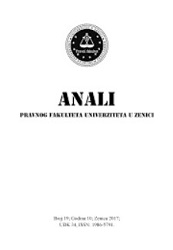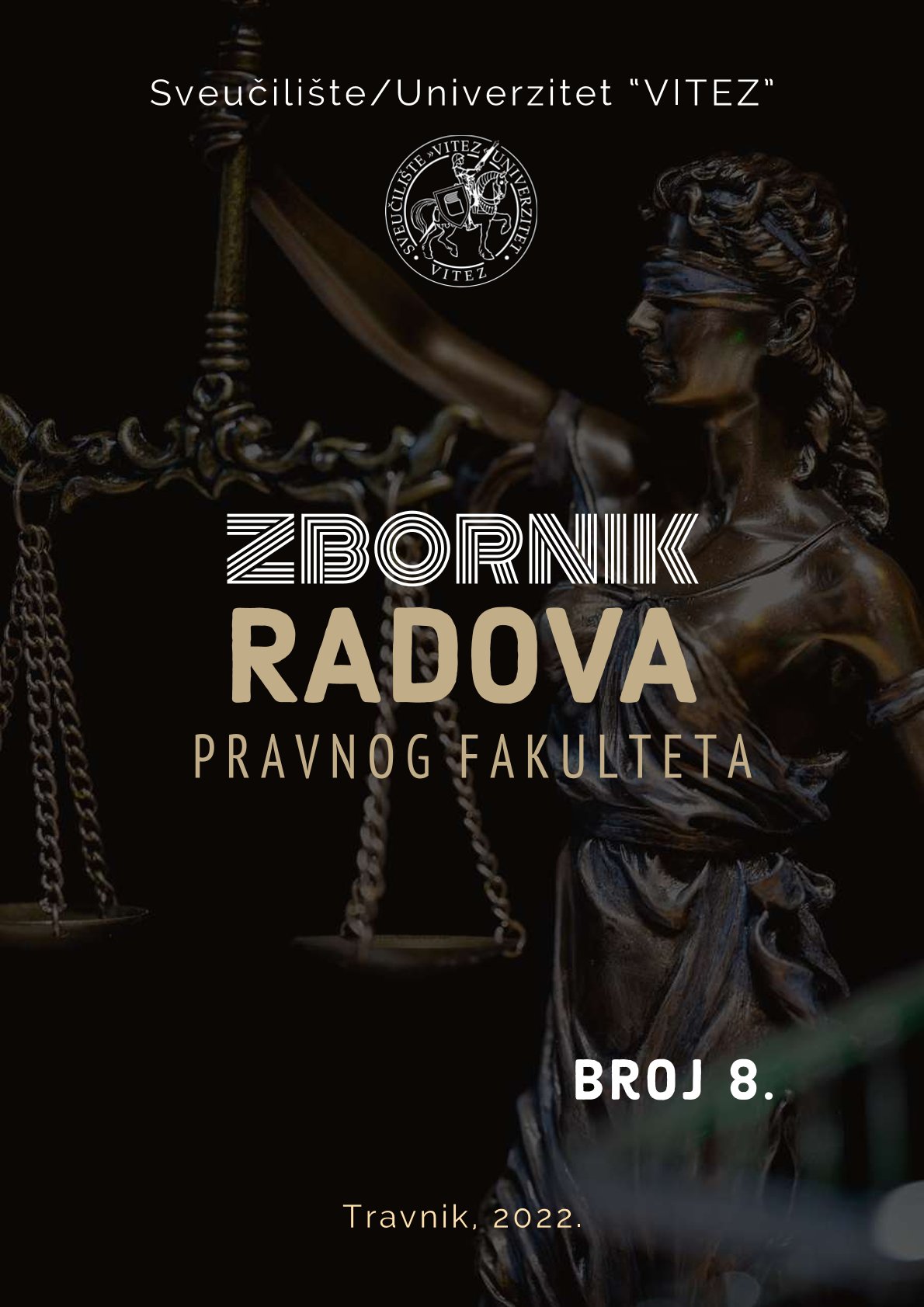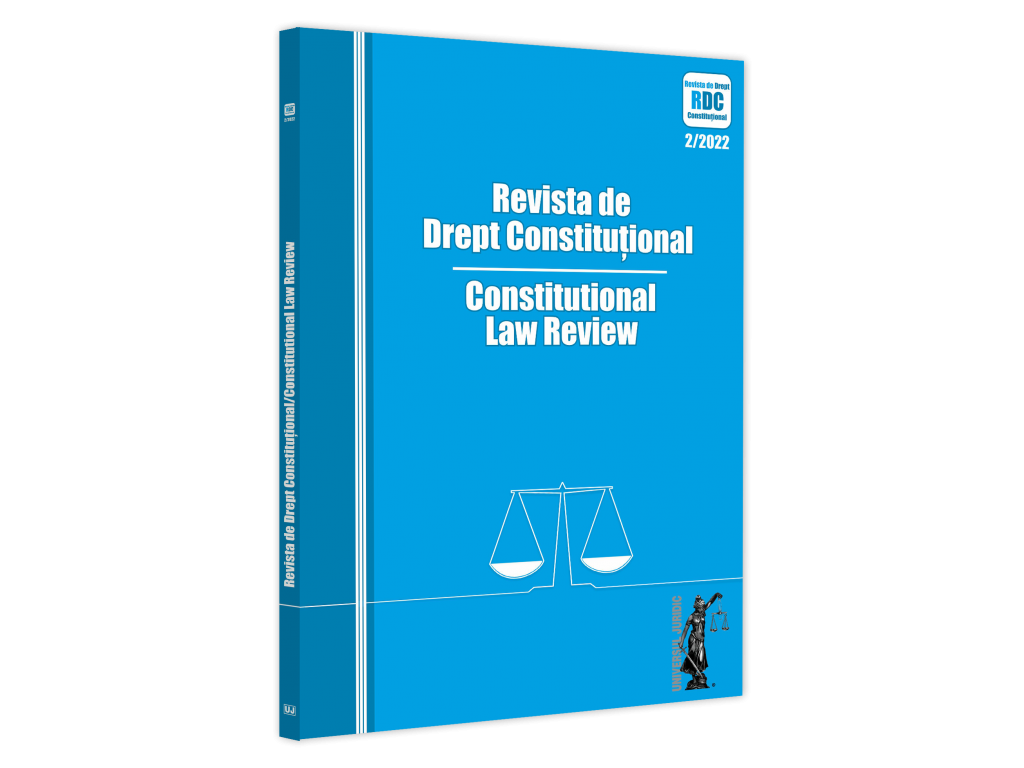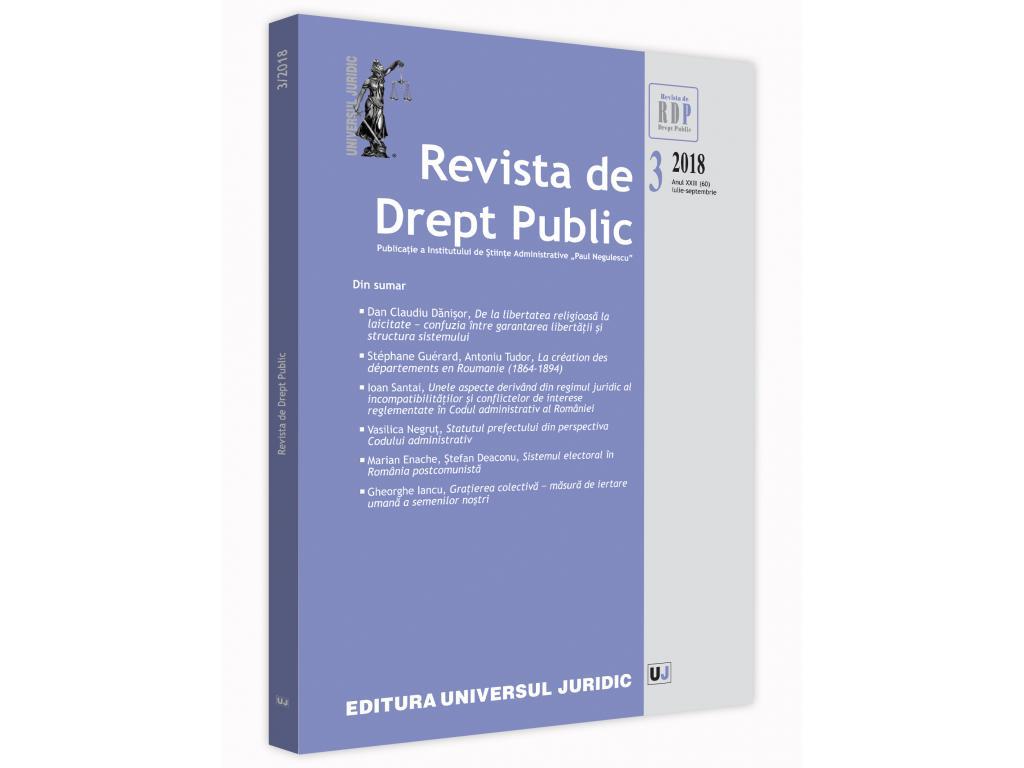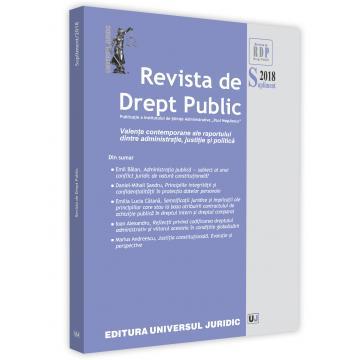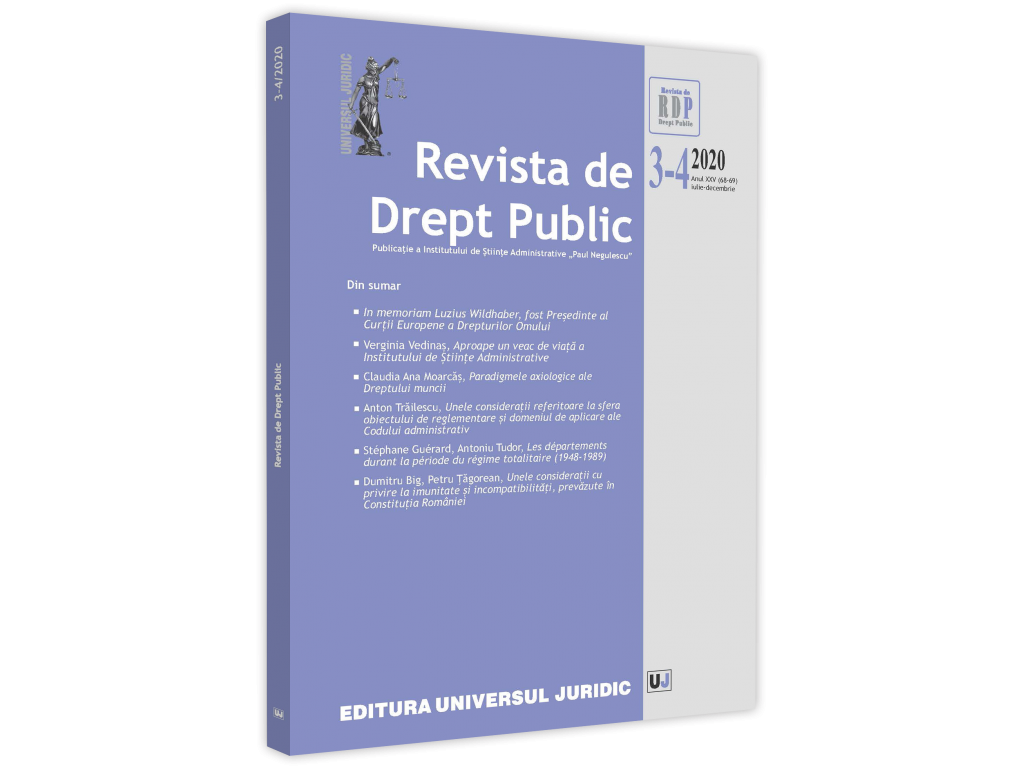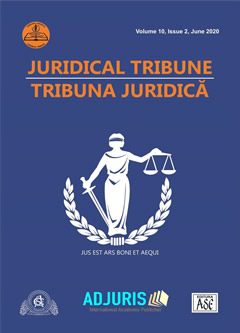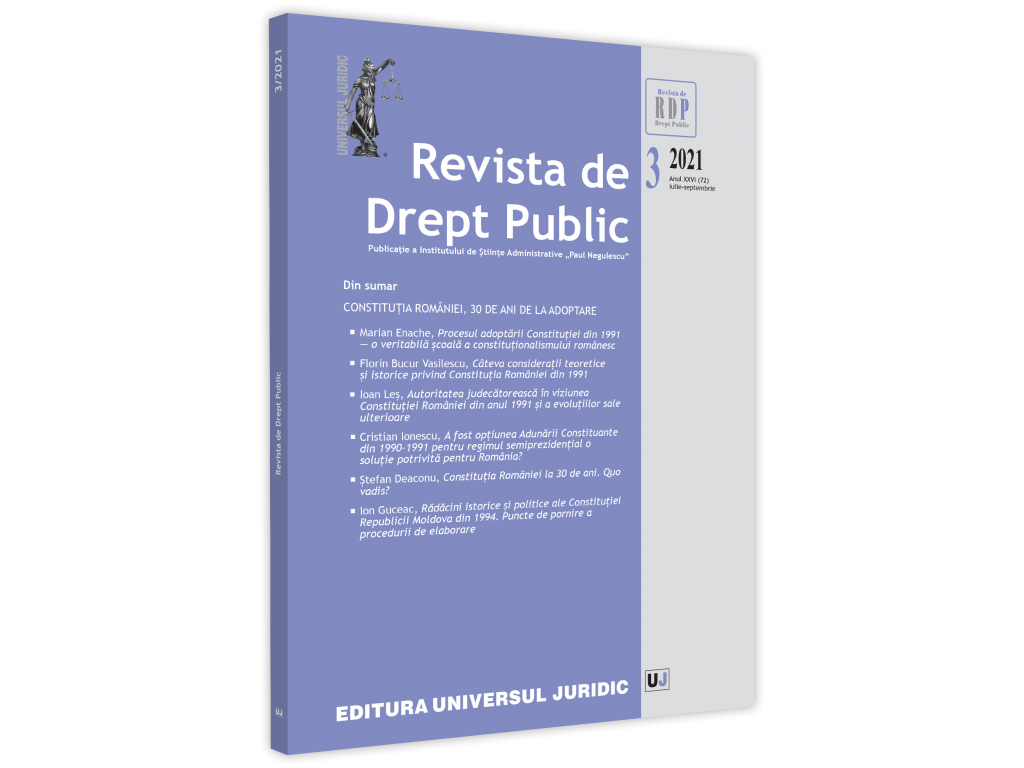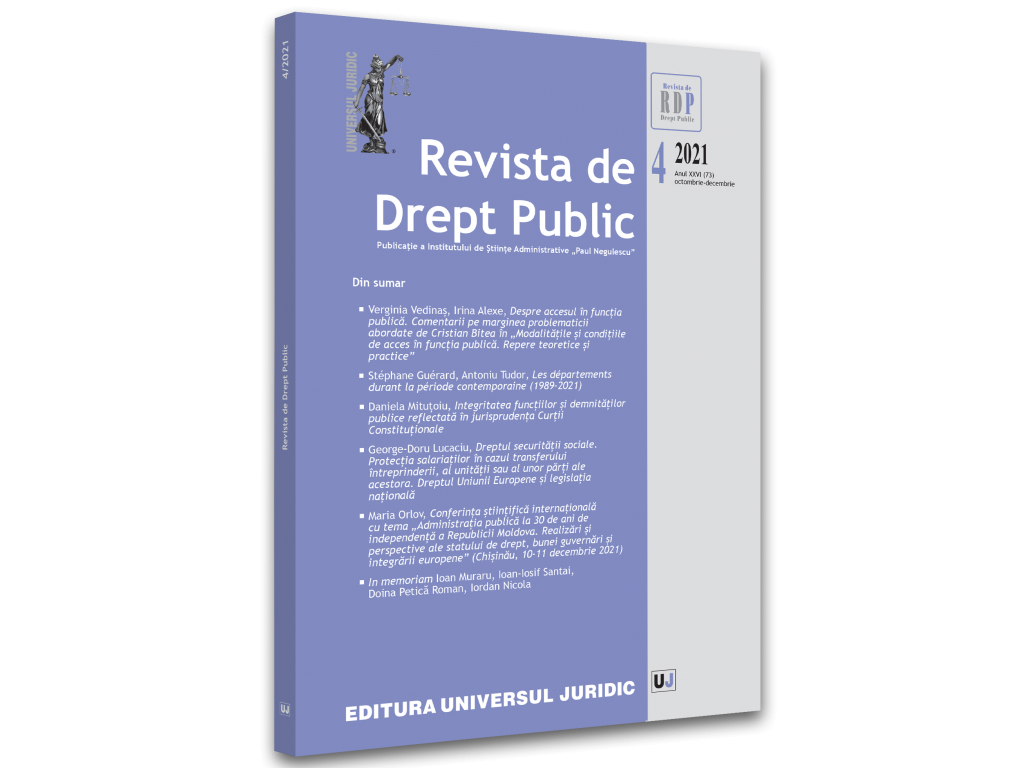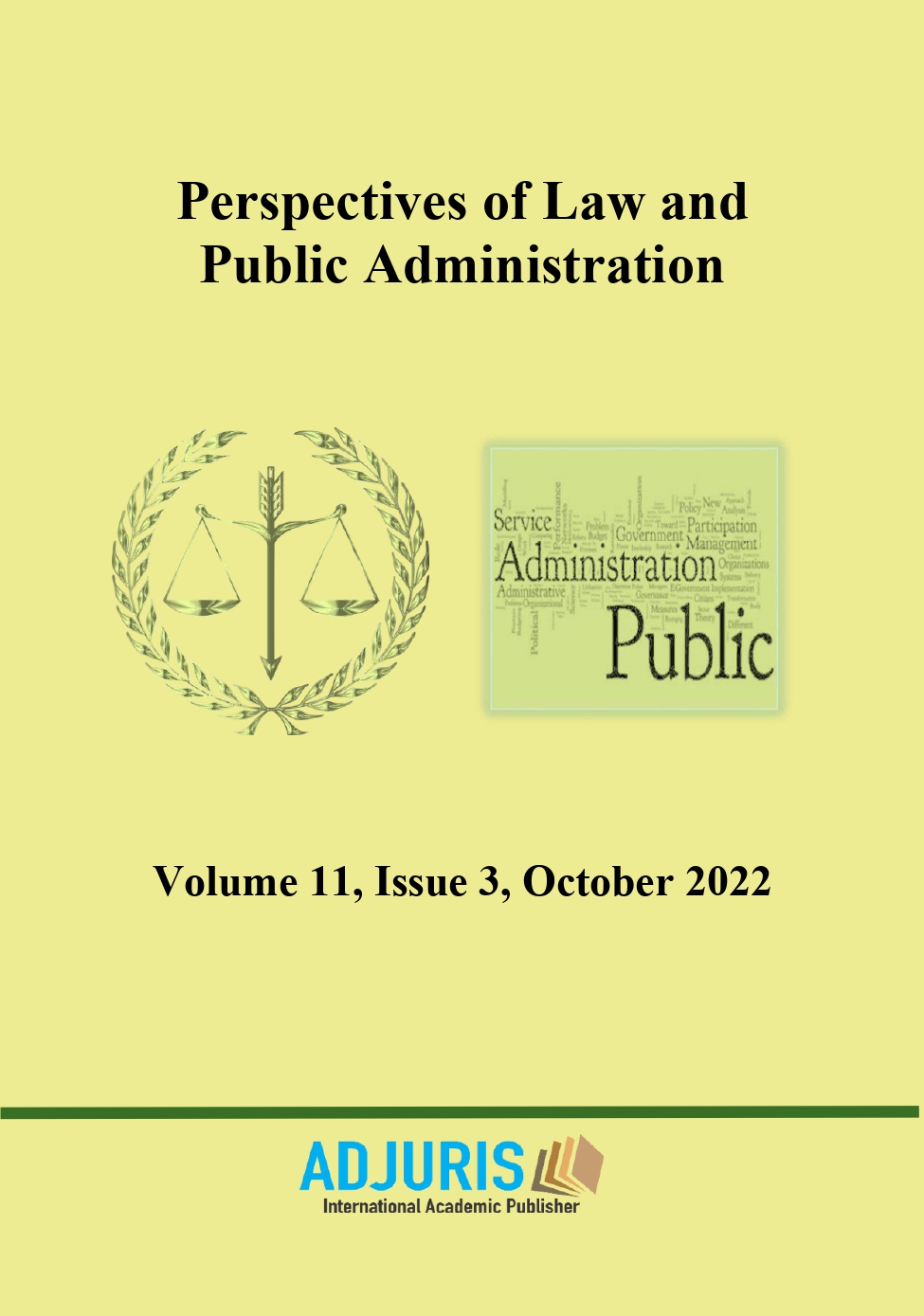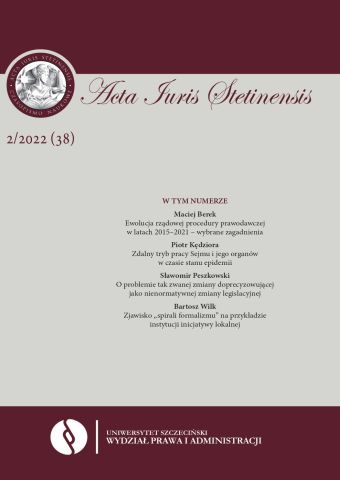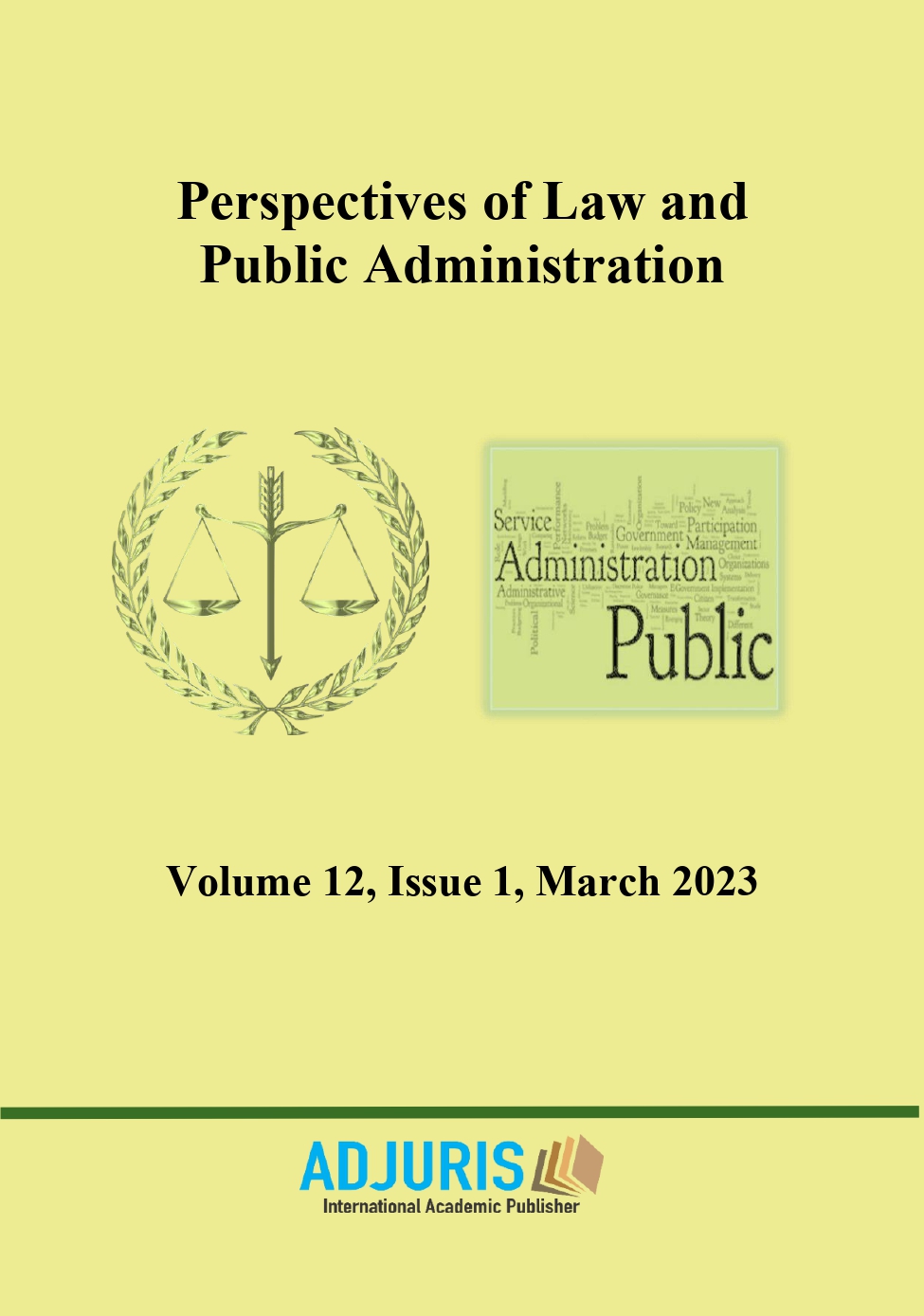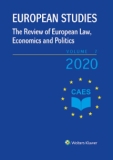
Notion of Anticompetitive Agreement Challenged in Digital Environment
Prohibition of anti-competitive agreements pursuant to Article 101 TFEU and its counterparties in competition law of the EU member states is divided into three forms: agreements, concerted practices, decisions of association of undertakings. Each of them covers a different type of colluding and as such should cover a wide range, ideally all anticompetitive colluding. However, it has been recognised that certain potentially anti-competitive dealings are not covered by any of these forms. The very much discussed example is tacit collusion. This article explores these issues and it sets them into the digital environment. The question to be discussed here is whether the issues are deteriorating in digital environment. A supposed scenario is used to present problems of determination whether a dealing is an anticompetitive agreement.
More...

